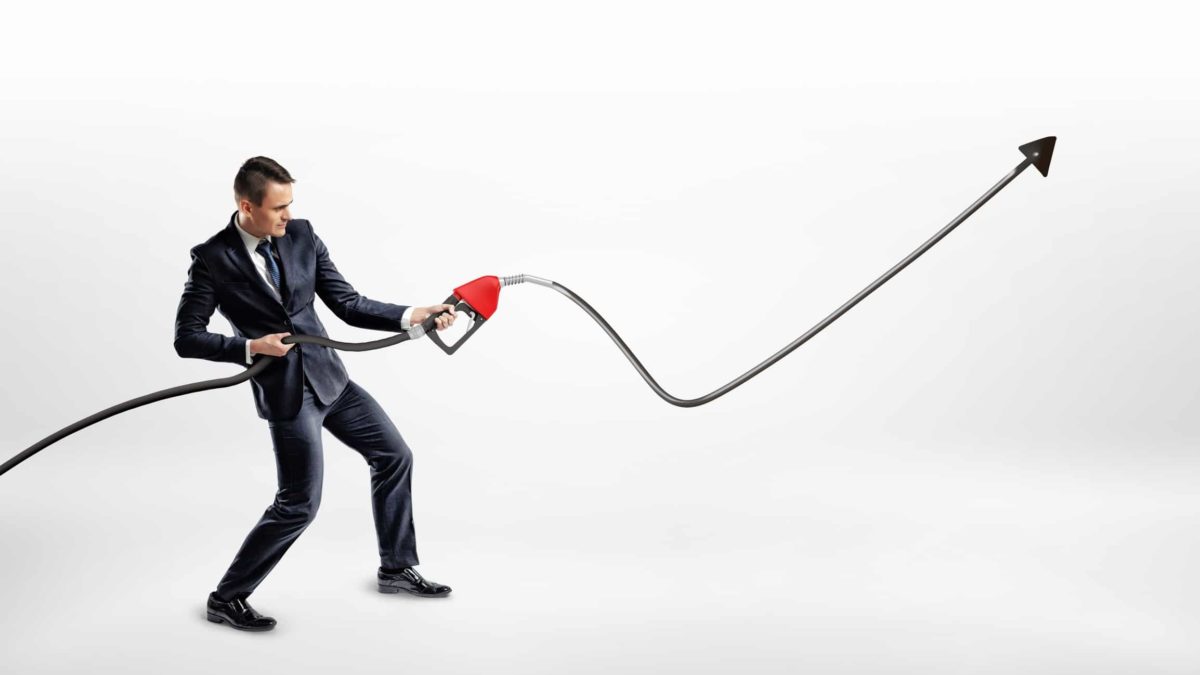Oil prices surged higher overnight as the crisis within OPEC+ deepened, leaving ASX energy shares to reap the rewards from the mayhem.
News that the oil cartel had called off its meeting last night sent the Brent crude price jumping 1.3% to US$77.16 a barrel to a near three-year high. Its cousin, the WTI benchmark gained 1.4% to US$76.22 per barrel.
What's more, no new date has been set and the uncertainty has further fuelled the oil price.
ASX energy shares to benefit from OPEC+ crisis
Some of our biggest ASX energy shares are likely to lead the market higher after outperforming the S&P/ASX 200 Index (Index:^AXJO) yesterday.
These include the Woodside Petroleum Limited (ASX: WPL) share price, Santos Ltd (ASX: STO) share price, Oil Search Ltd (ASX: OSH) share price and Beach Energy Ltd (ASX: BPT) share price.
The rift between OPEC's de facto leader Saudi Arabia and the United Arab Emirates (UAE) appears to have widened.
No resolution in sight for OPEC
These once close allies are refusing to budge from their position in negotiating an extension to production quotas.
The oil price surged because the market was expecting OPEC and non-member Russia (referred collectively as OPEC+) to strike a new deal that would see global oil supply increase to meet rising demand.
But the UAE is the holdout. Its primary gripe appears to be its production baseline. That's the level which determines how much oil each OPEC+ country can sell.
UAE wants to pump more oil
The UAE wants its baseline to be upped to 3.8 million barrels a day from 3.2 million. It feels that's justified because it has invested heavily in boosting its production in recent years.
"We cannot extend the agreement or make a new agreement under the same conditions," CNN quoted the UAE Energy Minister, Suhail Al Mazrouei, as saying. "We have the sovereign right to negotiate that."
The UAE also seems reluctant to agree to lifting production quotas through to end of 2022. But it's probably using that as a bargaining chip.
ASX energy shares fuelled by discourse
Unsurprisingly, the other OPEC+ members don't see to agree with the fairness to adjust its baseline and that means the market won't see an increase in oil supply in the near-term at least.
Motorists are already feeling the pain at the bowser, and it's not only here in Australia. Americans who were taking their Fourth of July holiday road trips are paying around 44% more to fill their tanks than a year ago, reported CNN.
Is the oil price set for a painful correction?
But as I explained yesterday, the surge in the oil price may not last – particularly if the UAE carries out its threat to leave the cartel.
The key reason behind the oil price has made a dramatic recovery from its COVID-19 low is because OPEC+ worked together to manage supply.
The UAE is the third biggest oil producer in the bloc. If it leaves OPEC, it could pump as much as it wants at a time when Iran is also eager to resume selling oil to the world.









